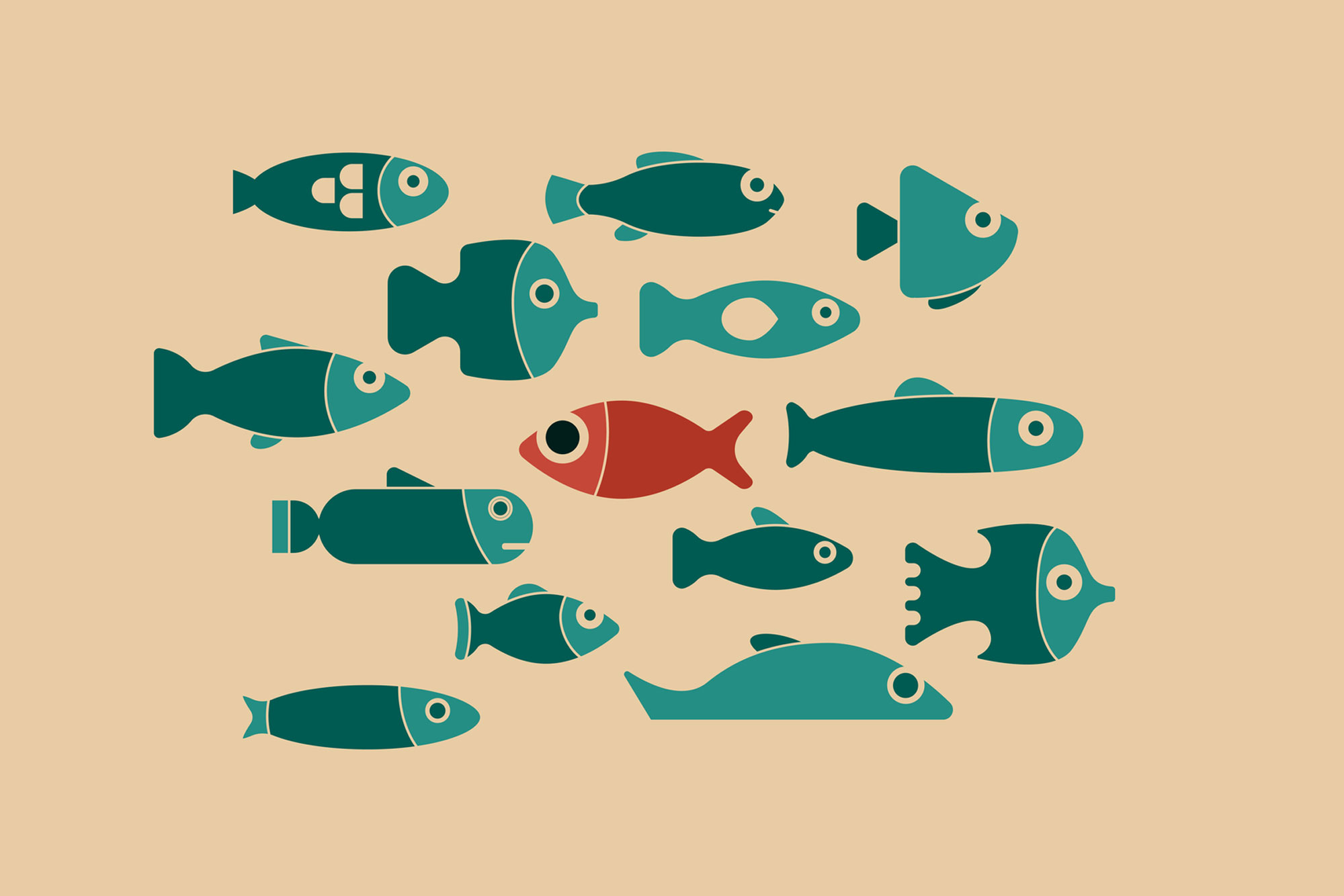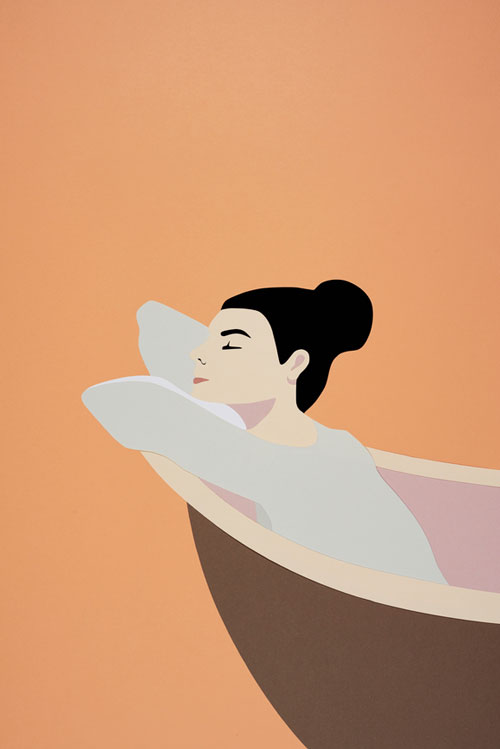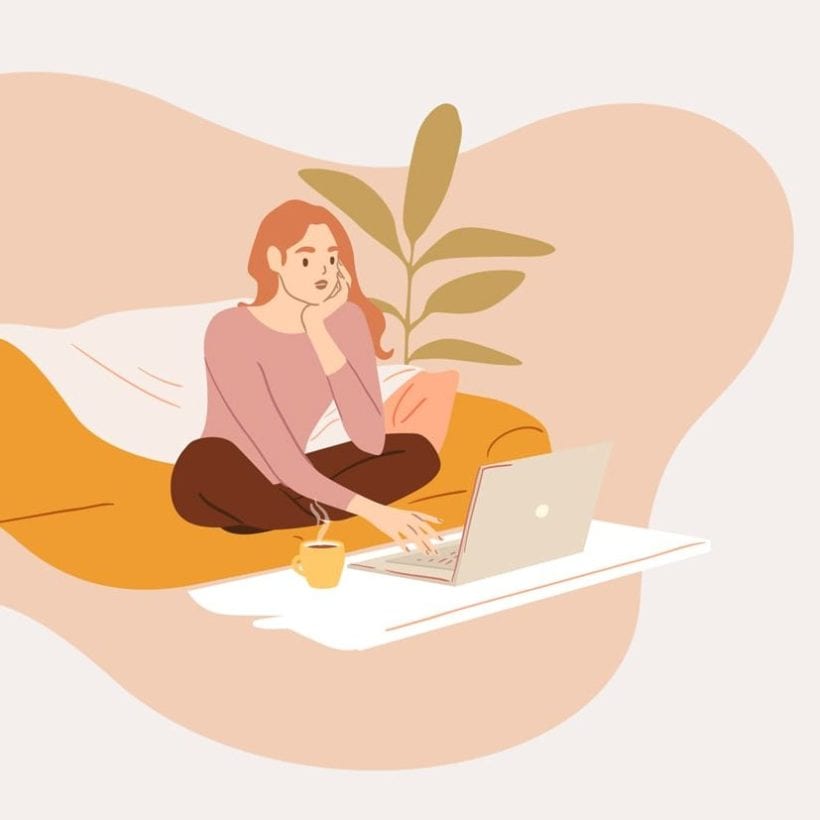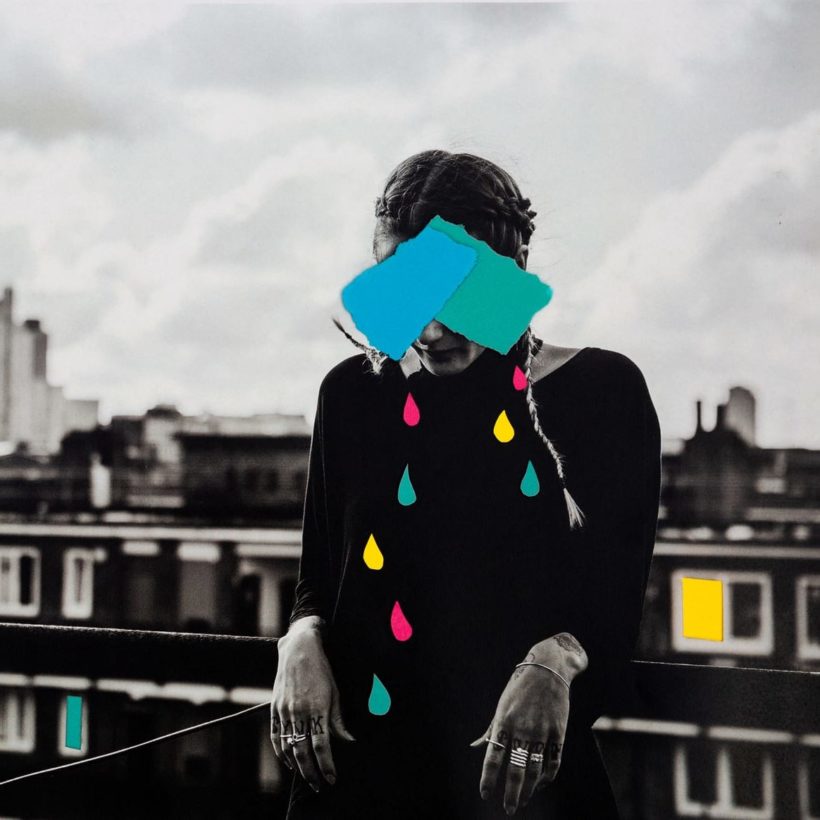The pandemic-induced lockdowns showed sharply where we all fall on the introvert/extrovert scale. For extroverts — those who draw energy from others — it was a tough time. At the same time, those who have more introverted-like tendencies had an easier run. Introverts get energy from spending time alone, and many found the pandemic a welcome break from the demands of a typical busy life.
As life returns to a so-called normal and we have a long holiday weekend coming up full of summer BBQs, pool parties, and more opportunities to mingle, for those introverts out there, socializing with others again can be even more draining than it was pre-pandemic. Enter: introvert hangovers. Nothing to do with drinking alcohol but instead overdoing it in terms of socializing. “An ‘introvert hangover’ is that period of exhaustion introverts experience after spending too much time interacting with other people,” psychologist Catherine Hallissey explains. Does this ring true to you? Here we dig a little deeper into the topic.
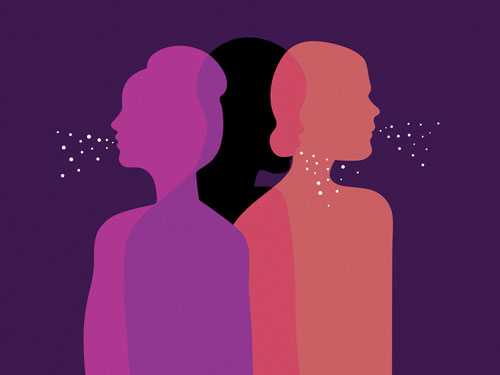
Meet the Experts
Catherine Hallissey is a psychologist, parenting coach, guest lecturer, and media contributor.
Hayley Merrick is a holistic therapist, registered nurse, and success coach.
Understanding the Introvert/Extrovert Scale
It’s often thought that the difference between extroverts and introverts is how they appear in social situations. Extroverts are considered the loudest in the room, while introverts hide in the corner. However, it’s not that simple. It all comes down to where you get your energy from, not how you show up in the world — although this can impact this. “Introverts find that they require solitude and quiet time to recharge their energy. In contrast, extroverts tend to recharge by being around the energy of other people who lift them up,” success coach Hayley Merrick notes. “It’s a common misconception that being an introvert means being shy and struggling in social situations. While some may be shy, many introverts enjoy the company of others and appear confident in a group setting,” she adds. You can get a general idea of where you fall with the famous Myers-Briggs-inspired quiz.
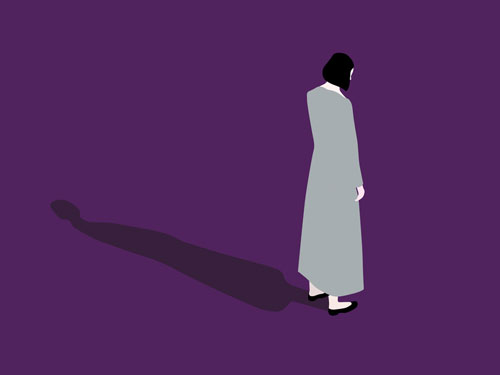
How to Spot an Introvert Hangover
People tend to fall somewhere between extrovert and introvert, and those on the introvert end can be prone to an introvert “hangover” when they spend too much time with others. Often this will show up as feeling mentally, physically, and emotionally exhausted. “You may feel like you can’t think straight and crave time alone. You may feel irritated by others, and any intrusion into your world can lead to feelings of overwhelm,” says Hallissey. This can have other repercussions. “A by-product of feeling so overstimulated may be difficulty concentrating, focusing on work or conversations, and even difficulty unwinding enough for sleep,” adds Hallissey.
Preventing an Introvert Hangover
First, it’s key to recognize that you have introvert-like tendencies and how social situations may drain you. “It’s important to tune in to your social interaction threshold,” says Hallissey. If you know how much alone time you need and what you are realistically able to commit to, you won’t end up in situations where you get an introvert hangover. “The number one self-care strategy to prevent an introvert hangover is simply to spend time alone away from people and noisy environments,” she adds.
It’s important to think about what leaves you feeling relaxed and energized — and remember this varies from person to person. Maybe you like long walks, baths, reading or exercising — find what works for you and do more of it.
“Prioritizing alone time each day helps ensure that you regularly allow space to reset your energy,” Merrick advises. Small moments can be very beneficial. “Simply stepping outside for a few moments of deep breathing or excusing yourself from a room for a few minutes can help you top up your energy throughout the day.”
Planning is also important. “If you know there will be a time where you will have less solitude, such as around holidays, it can be helpful to ensure additional time alone in the lead up to the event,” Merrick suggests.
The Importance of Stating Your Needs
Living in a world designed for extroverts is one of the hardest things about being an introvert. Explaining to family, friends, and colleagues that you need time alone can sometimes be difficult, and often there are feelings of guilt, shame, and fear. It can be hard to say no and honor your own needs and fall into a habit of keeping others happy. Hallissey recommends being as upfront and honest with the people as possible. “Let them know that you love spending time with them, but you also need time alone to recharge. Make sure they know it’s simply about energy regulation,” she says. Some people will struggle to understand, but this isn’t your issue. “If they feel hurt or rejected, this reflects their internal situation. It doesn’t mean that you have to override your needs to accommodate their feelings,” says Merrick.
Honoring what you need is a form of self-care, and for introverts out there, it’s essential to prevent future introvert hangovers.
